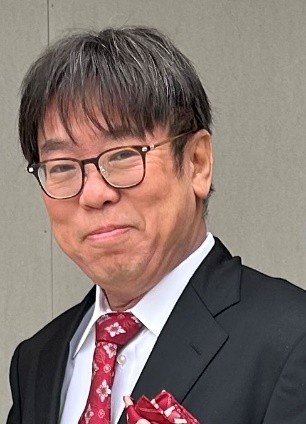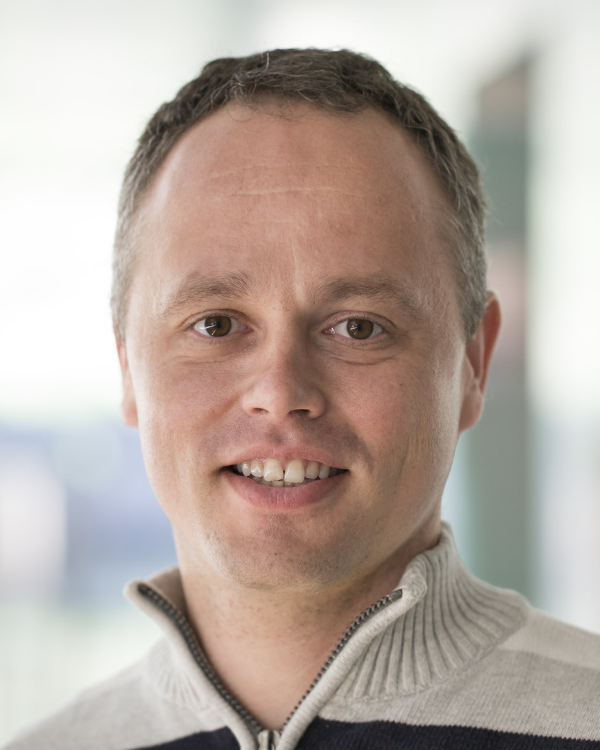Keynotes
Keynote 1: Revolutionizing Vehicle Development: Embracing Multi-Use Cases in V2X and Beyond
Dr. Satoshi Makido
Wednesday, May 29 9:30 - 10:30
Abstract: In the context of 5G and Beyond 5G, there is a strong emphasis on accommodating multi-use cases. Similarly, within the Vehicle-to-Everything (V2X) , the focus has shifted from standalone safety driving assistance services to a broader array of services. Notably, recent years have witnessed the implementation of features such as over-the-air (OTA) software updates for in-vehicle systems and data collection from onboard sensors to cloud servers, even in commercial vehicles. These developments are set to revolutionize the process of vehicle development. In this talk, we will spotlight our initiatives, emphasizing the impact of connected vehicles. We will delve into cooperative automated driving and remote driving as integral components of V2X’s natural evolution. Additionally, we will discuss the future vehicle networkization necessary to support diverse multi-use cases.

Dr. Satoshi Makido is Leading Researcher of Toyota Central R&D Labs., Inc. He leads a research team of connected and sensing system. He was a visiting professor of Nagoya University Graduate School of Informatics from 2021 to 2024. He received Magazine Paper Award from the Communication Society of the Institute of Electronics, Information, and Communication Engineers (IEICE) for his explanatory paper on connected cars and autonomous driving.
He was engaged in research and development on short-range radar in the 24GHz band, vehicle-to-vehicle communication in the 760MHz band, and vehicle position estimation using GNSS. His research areas include ITS system, vehicle-to-vehicle communication, sensor signal processing technologies, and ad-hoc network.
Keynote 2: Vehicle-to-everything connectivity for cooperative driving: theory and experiments
Dr. Gabor Orosz
Friday, May 31 9:00 - 10:00
Abstract: In this talk I will focus on conflict analysis in cooperative driving. I will present the concept of conflict charts which enable connected automated vehicles to maintain conflict-free maneuvers while improving their time efficiency. The detrimental effects of time delays arising in wireless communication and in vehicle dynamics will be highlighted. Moreover, to compensate for the negative effects of the delays, I will introduce the concept of intent and demonstrate its benefits using numerical simulations. The presented theoretical results have been validated experimentally at the Mcity test facility using real vehicles equipped with wireless vehicle-to-everything (V2X) communication devices.

Dr. Gabor Orosz received the MSc degree in Engineering Physics from the Budapest University of Technology, Hungary, in 2002 and the PhD degree in Engineering Mathematics from University of Bristol, UK, in 2006. He held postdoctoral positions at the University of Exeter, UK, and at the University of California, Santa Barbara. In 2010, he joined the University of Michigan, Ann Arbor where he is currently an Associate Professor in Mechanical Engineering and in Civil and Environmental Engineering. From 2017 to 2018 he was a Visiting Professor in Control and Dynamical Systems at the California Institute of Technology. In 2022 he was a Distinguished Guest Researcher in Applied Mechanics at the Budapest University of Technology and since 2023 he has been a Fulbright Scholar at the same institution.
His theoretical research includes dynamical systems, control, and machine learning with particular interests in the roles of nonlinearities and time delays in such systems. In terms of applications, he focuses on connected and automated vehicles, traffic flow, and biological networks. He has published more than 70 journal papers in leading international journals. He is currently serving as associate editor for the IEEE Transactions on Control Systems Technology and for the IEEE Transactions on Intelligent Transportation Systems. He served as the general chair for the 17th IFAC Workshop on Time Delay Systems and for the 3rd IAVSD Workshop on Dynamics of Road Vehicles, Connected and Automated Vehicles.